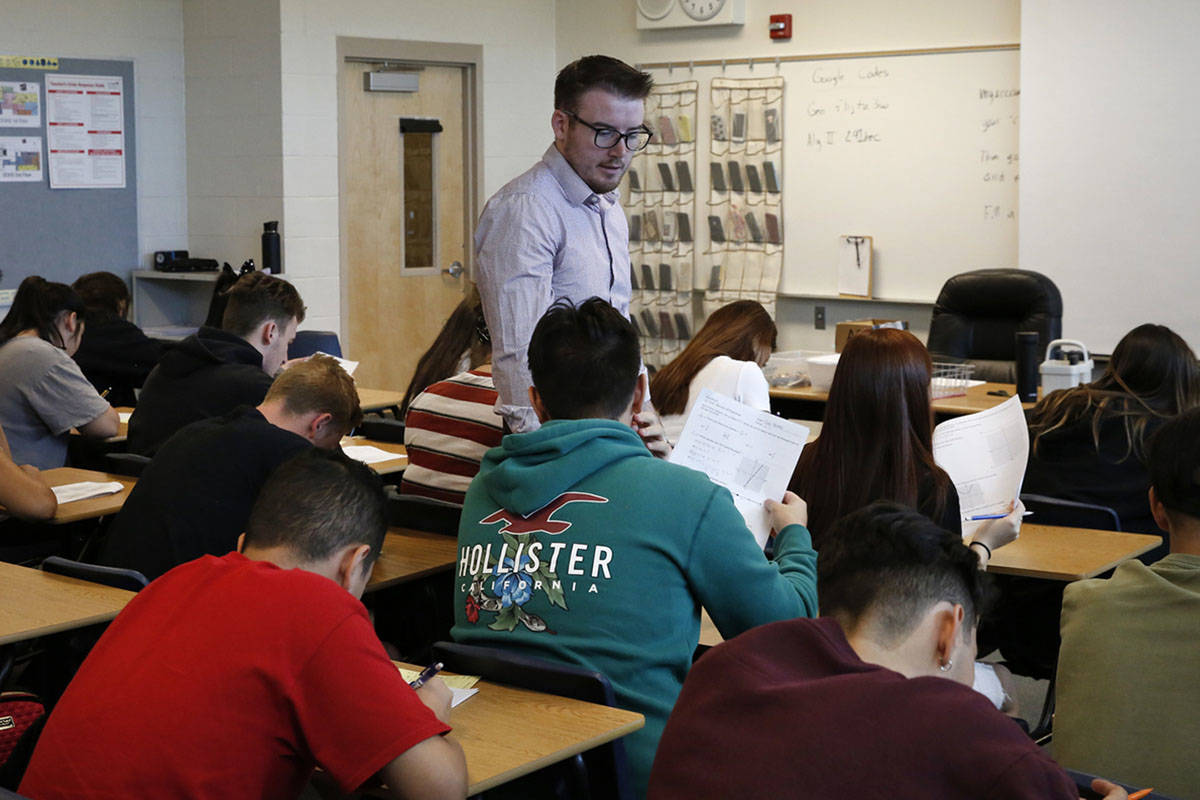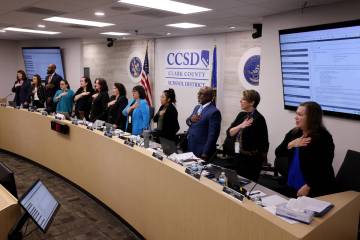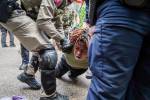EDITORIAL: Ignorance won’t help struggling students
If a student learned nothing during distance education but is never tested to confirm it, did the learning loss truly occur?
It’s an absurd question, but a recent New York Times article takes it one step further. “Does it hurt children to measure pandemic learning loss?” the headline says. The subhead continued: “Research shows many young children have fallen behind in reading and math. But some educators are worried about stigmatizing an entire generation.”
What a perfect encapsulation of progressive culture and the education establishment.
There’s widespread agreement that children learned less after schools closed last spring. One recent study by the Policy Analysis for California Education — which is associated with several California universities — looked at oral reading fluency scores from students in 22 states. It found that second- and third-graders are “approximately 30 percent behind what we would expect in a typical year.” Much of the learning loss appears to have occurred during the initial shutdowns.
It gets worse. Students in lower-performing districts fell further behind their peers in higher-performing districts. Around 10 percent of students who were tested last spring weren’t observed in the fall. The authors “suspect that students missing from our analysis may have experienced even larger learning losses than those students we did observe.”
This is a major problem. Students who don’t read well by third grade are “four times more likely to leave high school without a diploma than proficient readers,” according to a study from the Annie E. Casey Foundation.
There’s a desperate need to identify students who are struggling and get them additional help. Holding children back a grade would be appropriate in some cases, especially for younger students.
But showing parents in black-and-white how schools closures hurt their children would create a host of political problems for those who fought to keep kids out of the classroom. Little wonder then that unions, such as the Massachusetts Teachers Association, now want to cancel standardized testing.
Test scores could identify students who’ve fallen behind and need more help. But unions have spent decades showing they prioritize political power over helping students. This leads to the fig leaf of self-esteem. The education establishment frames its quest for ignorance as a noble effort to keep children from feeling bad about themselves.
But true self-esteem isn’t built by others pretending you can do something you can’t. It comes from successfully working to achieve something you weren’t able to do before.
Ignorance may be bliss for the education bureaucracy. But not for the students it’s supposed to be helping.




























